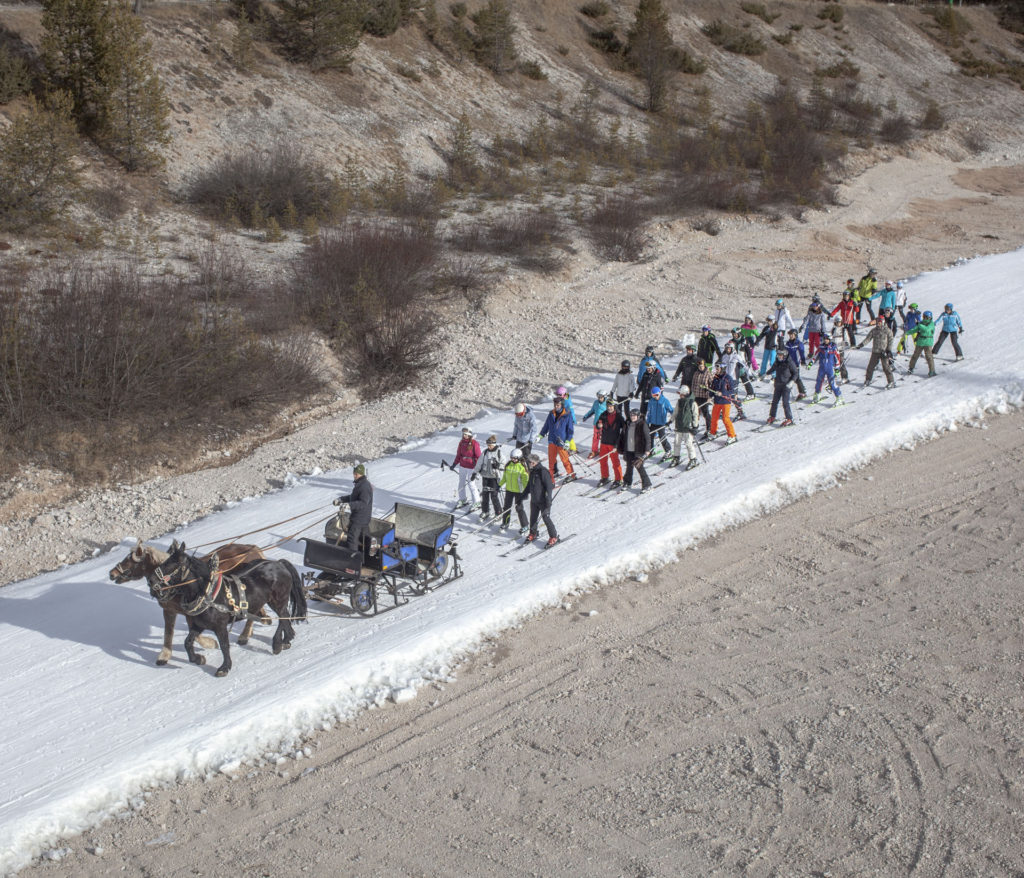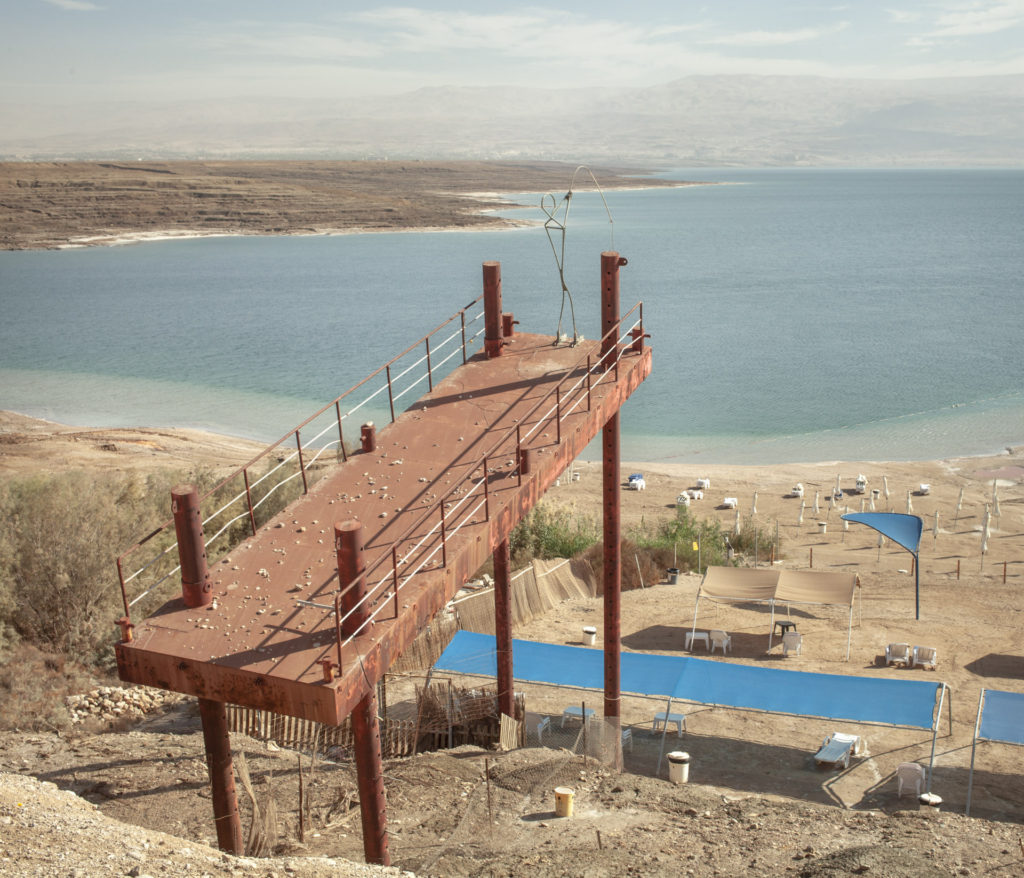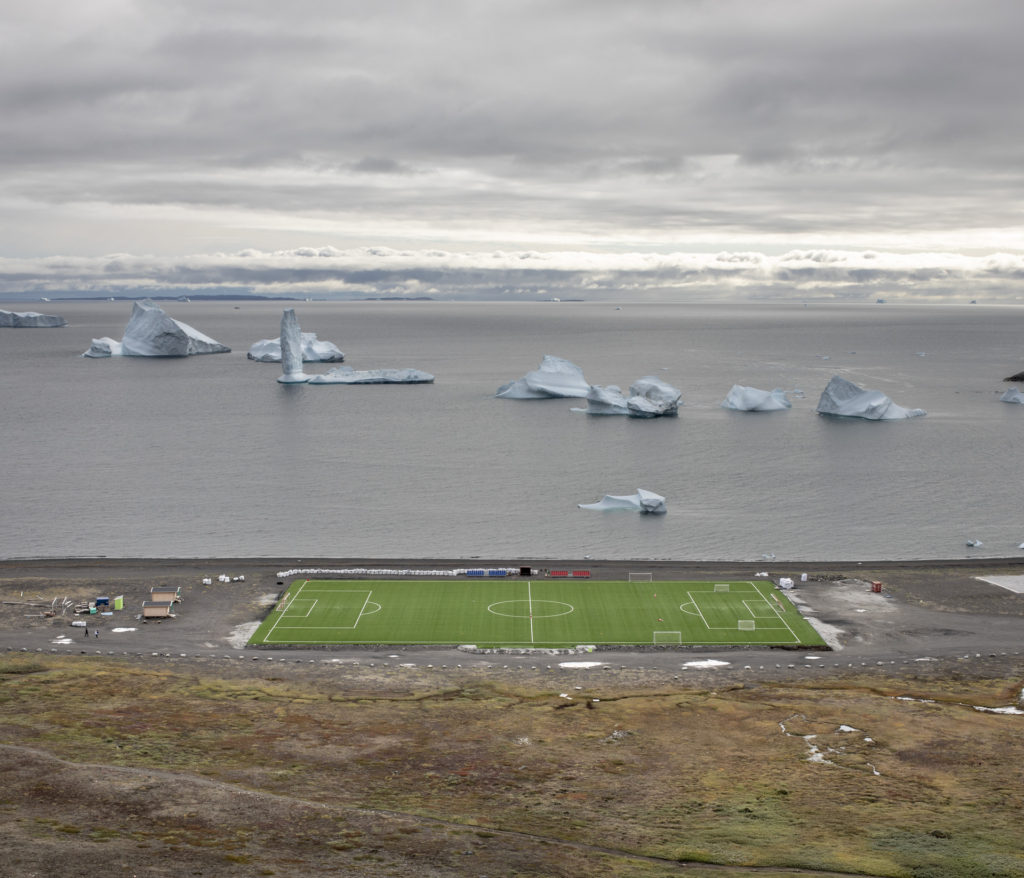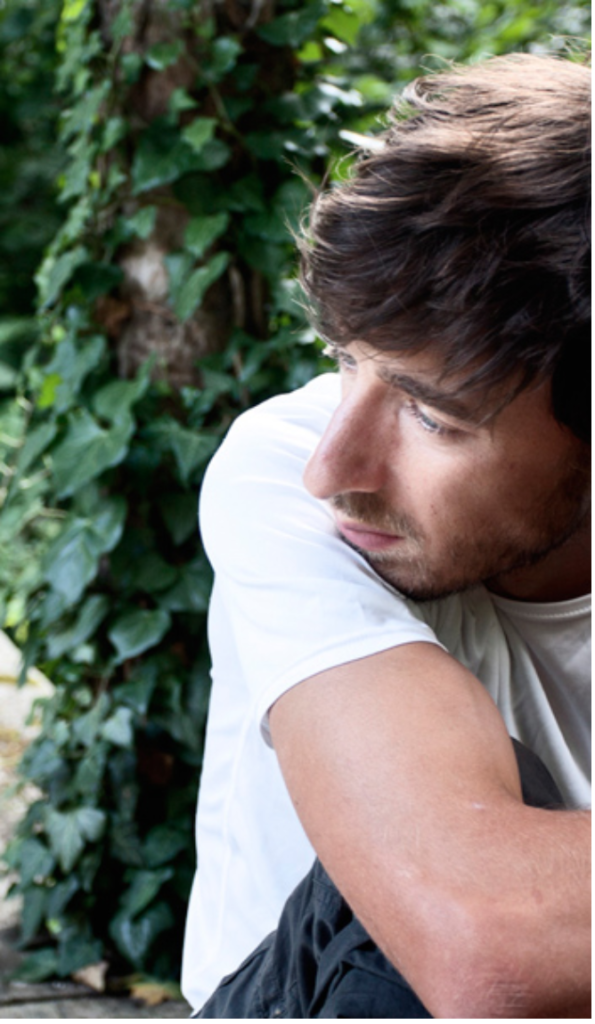The latest years were the hottest ones ever recorded (2015, 2016 and 2018 according to UN and NASA data) and more and more meteorological cataclysms show how climate change is no longer a future hypothesis, but a present phenomenon. The transition from one habitat to another forces society to adapt itself , to migrate or to resist, impressing artificial mutations on the environment. In the near future, the holidays of our dreams may not be the same.
This project has been developed between the Italian Dolomites Alps (2015-16), Israel and Occupied Territories of Palestine (2017-18), Canada, Greenland and Iceland (2018). This work is aimed at exploring how the tourism sector is reacting to the effects of climate change. Even if it’s apparently a marginal sector, the tourism sector accounts for 10% of world GDP and holidays still represent a status symbol of the worldwide middle class. With an ironic point of view this project tries to analyze a theme of global importance: the effects of climate change on our lifestyle.
In the Dolomites millions of visitors are already used to skiing on 1200 kms of artificial slopes. Due to rising temperatures, we are witnessing a shift of the winter season, with a clear shortening of the period when natural snow can be enjoyed. In order to prevent a cultural and economic collapse of the local community, public and private actors have reacted by artificially rebuilding the “winter”. From November to March the Dolomites change their skin, turning their breathtaking views into the ideal background for a huge park of artificial snow.
In the Dolomites millions of visitors are already used to skiing on 1200 kms of artificial slopes. Due to rising temperatures, we are witnessing a shift of the winter season, with a clear shortening of the period when natural snow can be enjoyed. In order to prevent a cultural and economic collapse of the local community, public and private actors have reacted by artificially rebuilding the “winter”. From November to March the Dolomites change their skin, turning their breathtaking views into the ideal background for a huge park of artificial snow.
Between 2017 and 2018 the level of the Sea of Galilee and the Dead Sea fell permanently below the red guard line, and the river Jordan is reduced to a muddy trickle of cloudy water. At the same time, these places are experiencing an increase in tourists’ presence. Climate change is accelerating the already ongoing process of reduction of the aquifer resources, making the water crisis in this area chronic. Paradoxically this tourism industry shows its contradictions even in the place par excellence without water: the desert of Negev, where luxury hotels and pools guarantee a breathtaking holiday, at any price.
The Arctic Circle ice is receding, and at the same time, in Canada, Iceland and Greenland increasingly warmer temperatures are recorded. Climate change is inexorably changing the ecosystem of this part of the world, leading to the separation of ever larger and more numerous icebergs.
In this apocalyptic scenario, we are seeing an increasing flow of tourists visiting remote places in Canada to observe the dissolution of the North Pole – the symbol of climate change – through the crescent numerous and large passages of iceberg. Here, as in Greenland and Iceland, tourism agencies have already come up, offering travel packages to touch Climate Change with your hand.
The Arctic section of this project has been realized with the support of the Yves Rocher Foundation.



